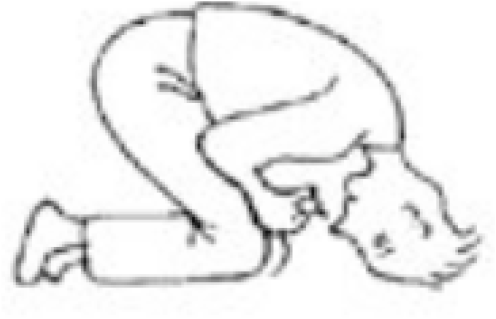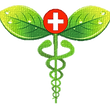NASAL IRRIGATION - LAVAGE- SINUS FLUSH
- Oct 28, 2021
- 3 min read
Updated: Jan 21, 2023
A mild saline solution can restore moisture and ease inflammation of the mucous membranes that line your sinuses.

The main sinus cavities

Tiny hair-like "cilia" on the nasal mebranes filter out bacteria and other particles like dust, pollen and smoke The cilia move back and forth to move the bacteria and various particles - combined with mucus - out of the sinuses to the back of the throat, where you swallow them.
Saline irrigation of the sinuses, helps to increase moisture and reduce swelling - making it is easier for the cilia to move the particles out of the sinus cavities, helping to improve nasal breathing.

RESEARCH:
Although the WHO says there is ltd evidence for saline nasal rinsing for COVID19 - there are several studies that show regularly rinsing, can assist with a variety of respiratory health issues......
SARS-CoV-2+ participants initiating nasal irrigation were over 8 times less likely to be hospitalized than the national rate. Saline Nasal Irrigations (SNIs) can reduce the viral load in the nasal cavities. Amy L. Baxter, et al. Rapid initiation of nasal saline irrigation to reduce morbidity and mortality in COVID+ outpatients: a randomized clinical trial compared to a national dataset. medRxiv preprint doi: https://doi.org/10.1101/2021.08.16.21262044
Saline water gargling and nasal irrigation represent simple, economical, practically feasible, and globally implementable strategies with therapeutic and prophylactic value. Prashanth Pantaa, Kiranam Chattib, Archana Andhavarapuc. Do saline water gargling and nasal irrigation confer protection against COVID-19? EXPLORE Volume 17, Issue 2, March–April 2021, Pages 127-129.
Evidences supported the efficacy role of antimicrobial rinses against the enveloped viruses including the human coronavirus recently identified. Casale, M., Rinaldi, V., Sabatino, L., Moffa, A., & Ciccozzi, M. (2020). Could nasal irrigation and oral rinse reduce the risk for COVID-19 infection?. International journal of immunopathology and pharmacology, 34, 2058738420941757. https://doi.org/10.1177/2058738420941757
SNI appears safe; side effects are minimal and transient. It can be recommended by clinicians to patients with a range of upper respiratory conditions. Rabago, D., & Zgierska, A. (2009). Saline nasal irrigation for upper respiratory conditions. American family physician, 80(10), 1117–1119.
RECIPE FOR SALINE RINSE - SINUS FLUSH
250ml water - filtered, boiled & cooled
OR 200ml + 50ml Colloidal silver
+ 1 pinch good quality Salt (sodium chloride)
+ 1 pinch Xylitol
+ 1 pinch Bicarb of soda
Larger quantities can be made with this ratio.
STORE in a glass sealable container in the fridge (max 2 weeks)
BENEFITS:

WHEN TO DO IT:
I suggest 2 x day during allergy season or infection - morning on waking and at bedtime.

POSITION IS IMPORTANT
Choose a position you are comfortable with...







Scadding GK, Durham SR, Mirakian R, Jones NS, Drake-Lee AB, Ryan D,Dixon TA, Huber PA, Nasser SM (2008) BSACI guidelines for themanagement of rhinosinusitis and nasal
polyposis. Clin Exp Allergy. 38(2):260–275. https://doi.org/10.1111/j.1365-2222.2007.02889.x7
NETI POT method

A common nasal irrigation technique using a nasal cup, or neti pot.
Liquid saline is instilled in one nostril and allowed to drain out the other.
INDICATIONS
Key Clinical Recommendations:
Nasal irrigation is an effective adjunctive treatment for symptoms of chronic rhinosinusitis.
Nasal irrigation may be an effective adjunctive treatment for symptoms of several other conditions
based on limited trial evidence:
Irritant Rhinitis/Congestion
Allergic Rhinitis
Viral upper respiratory congestion
Postoperative Care for endoscopic sinus surgery.
Nasal irrigation has been recommended for:
mild to moderate Rhinitis of Pregnancy,
Acute Rhinosinusitis,
Sinonasal Sarcoid,
Wegener's Granulomatosis
SIDE EFFECTS
Nasal irrigation is associated with frequent, minor self-limited side effects that are ameliorated with
practice or adjustment of procedure, concentration of ingredients, and position.
Please consult with a qualified health professional before attempting any self/home-treatments.
More details in the documents below.
.png)







Comments